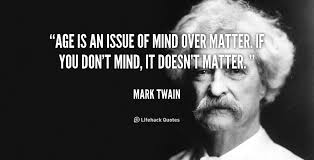Belief systems are the stories we tell ourselves to define our personal sense of "reality". Every human being has a belief system that they utilize, and it is through this mechanism that we individually, "make sense" of the world around us.
A belief is just a thought we continue to think over and over. Repetition deepens the impression or in other words creates a belief system, positive or negative.
“All behaviors are sponsored by beliefs. You cannot make a long-term change in behaviors with9ut addressing the beliefs that underlie them. Seek to change beliefs, not behavior. After a belief, the behavior will change by itself. You can take whatever action you want to take to alter someone else’s behavior or to stop it, but unless you alter the beliefs that produce such behavior, you will alter nothing and stop nothing. You can alter belief in two ways. Either by enlarging upon it, or by changing it completely.”
- Neale Donald Walsch
How do you get yourself to a point of believing? Start make-believing or imagining. Be like a child, and make believe. Act as if you have it already. As you make believe, you will begin to believe you have received. The Universe is responding to your predominant thoughts all the time, not just in the moment you ask. That's why after you've asked, you must continue to believe and know. Have faith. Your belief that you have it, that undying faith, is your greatest power. When you believe you are receiving, get ready, and watch the magic begin!
To master your self - to master your thoughts - you do not have to control your thoughts. If you try to control your thoughts, you will attract having to control your thoughts. If negative thoughts come, don't resist them. Just let them be, and then use the power of your will to change focus to thoughts of appreciation and gratitude. Worrying about negative thoughts or trying to control them just brings more of them to you. If you don't resist negative thoughts they will diminish, and if you laugh at them and make light of them, they will disappear completely.
Have a Drug Free day.
Todd




